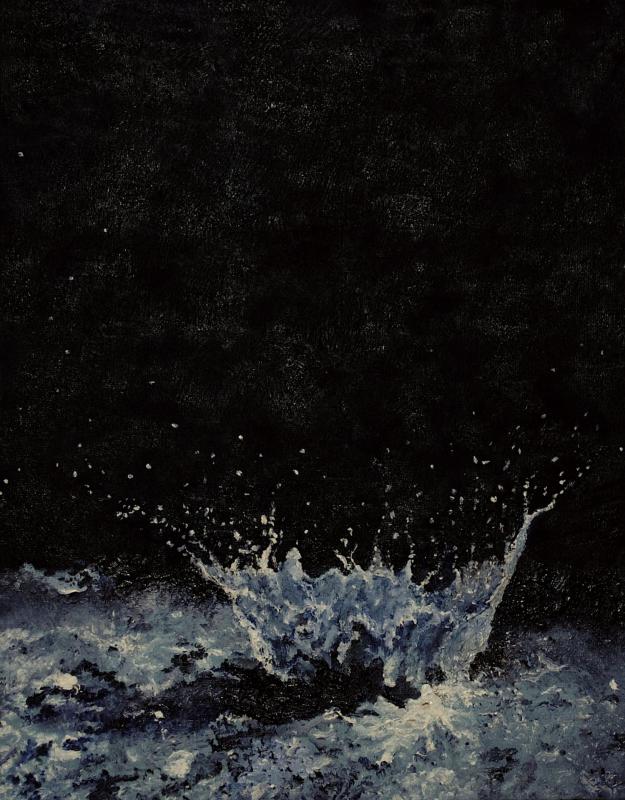One of the most confusing elements of modern tragedy is the emergence of the everyman as tragic hero of choice. “But why?” we might ask, “and under what circumstances?” Has our understanding of greatness changed or have our impulses toward compassion shifted along with cultural ideals? Can we even claim to still believe in greatness?
The featured play of this issue addresses our understanding of the modern tragic hero in a lurid take on the nature of tragedy and chaos. But before it may be classified as a modern human drama exploring the tragedy of the common man, "Call Me Circumstance" must also be understood as a work in dialogue with its classical predecessors.
Theater was born from the womb of ritual – in the worship of gods who represent those aspects of existence that are unrestrained by human will. In classical tragedy, the fall from greatness into ruin is generally caused by contingencies beyond the hero’s control. These forces are at once personified and mystified into the will of a god. And Mr. Loedel pays full tribute to the gods – in this case, the god of circumstance or chaos. The effect is both terrifying and tragic.
“Call Me Circumstance” sets this god of the ultimate everyman in philosophical conversation with his modern devotee. Mr. Loedel’s play explores a profoundly contentious development in our basic understanding of tragedy, while using an ancient technique to plumb the depths of his audience’s minds. In so doing, he asks us to engage the beautiful but terrible connections that inhere between chaos, individuality, and, of course, the tragic.

